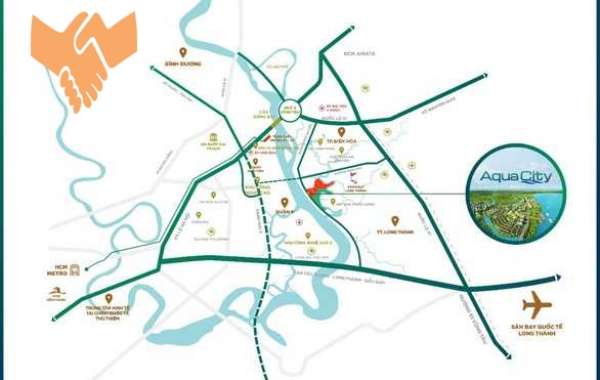Alcohol rehab programs are designed to help people get and stay sober. They help individuals overcome the physical and mental challenges associated with addiction and provide education on how to lead a sober lifestyle.
Getting help for an addiction is a big decision and often comes with a lot of stigma. But, it's also a life-saving move. It can significantly improve your legal status, relationships and psychological well-being.
Detoxification
Detoxification is the process of removing drugs and alcohol from a person's body after prolonged use. This process is essential for a person's health and well-being.
In an alcohol rehab program, detoxification is an important part of the treatment process. It is designed to help a person get through withdrawal in a safe way, often using medication or other therapeutic methods.
The first step in the detoxification process is to evaluate a client's overall health, the types of substances they use, and other stability factors. This evaluation helps doctors determine the appropriate level of care.
After the initial assessment, a client's treatment plan will be established and the medical team will begin to monitor their condition around the clock. They will also perform tests and administer medications to help with withdrawal symptoms, and provide therapeutic support to reduce anxiety and stress.
Behavioral Therapies
Behavioral therapies are used to help those in treatment learn how to cope with stress and regulate their emotions. They also teach clients how to avoid triggers that can lead them to relapse.
Cognitive behavioral therapy, or CBT, is one of the most popular forms of psychotherapy. It focuses on identifying unhealthy thought patterns that can cause addiction and then replacing them with healthier ones.
Therapists use a variety of exercises to help those in recovery identify their negative automatic thoughts and examine them for objective evidence supporting and disproving those beliefs. They also do exercises that compare their negative thoughts to positive thoughts and see which they respond best to.
This type of therapy helps people in recovery to reduce the anxiety they feel over their painful memories. It also teaches them how to avoid situations that may cause them to self-medicate by using alcohol or other drugs. It is often used in conjunction with other treatments to help patients deal with coexisting disorders such as depression and family conflict.
Education
Education about alcohol abuse is an essential part of any addiction treatment program. It helps you understand the nature of your compulsion to drink, the source of cravings, and how to avoid triggers in the future.
There are several types of education offered during a rehab program. These include cognitive behavioral therapy (CBT), which aims to help patients recognize their thoughts and behaviors and learn coping skills for dealing with them in healthy ways.
Relapse prevention is also an important part of treatment. This involves training patients to recognize potentially high-risk situations or emotional “triggers” that can lead to resumed drinking or drug use, to develop a repertoire of substitute responses to their cravings, and to understand how to interrupt these urges before they can cause adverse consequences.
Relapse prevention programs may also include stress management techniques such as biofeedback, progressive relaxation, meditation, and exercise. These help patients manage stress and improve their overall health, which is important for long-term sobriety.
Support
Alcohol addiction is a serious disorder that can lead to many negative consequences. These may include physical harm, financial problems, jail time and even death.
Rehab is an essential part of the process of recovery from alcoholism. It involves detoxification, behavioral therapies and support services to help you get back on your feet.
During the treatment process, you’ll learn coping skills that will assist you in maintaining your sobriety. These skills can be used to avoid triggers and prevent relapse.
A licensed therapist can provide talk therapy to help you build the skills and strategies that will allow you to stop drinking for good. Your therapist might also recommend medications to help with cravings and preventing relapse.
A combination of counseling, medication and peer support can be an effective way to achieve sobriety. You can find this inpatient or outpatient treatment.







